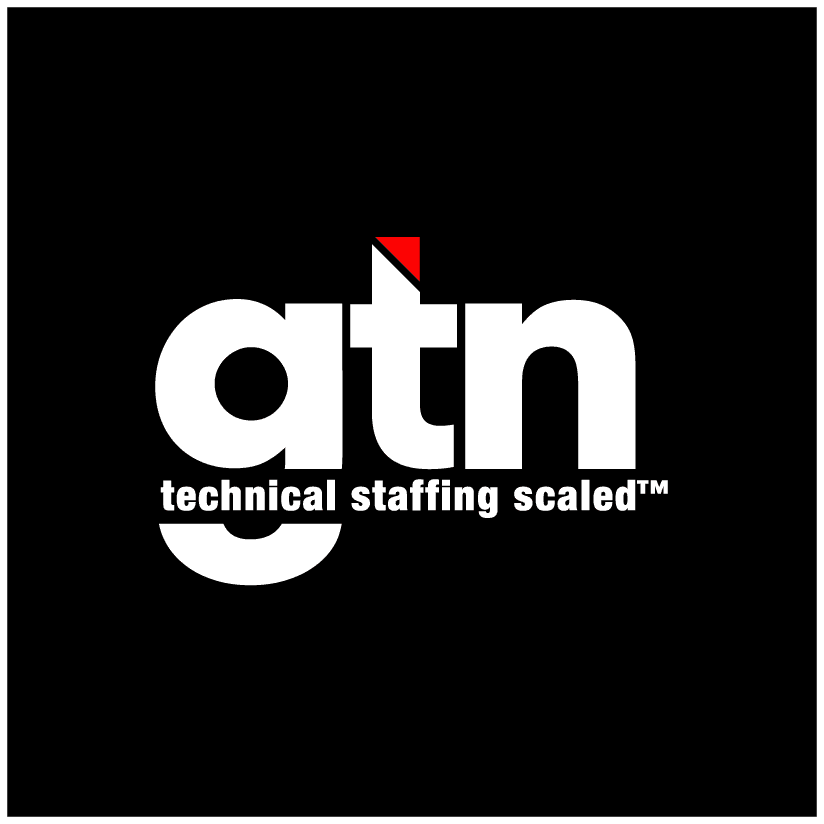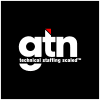Enhance Focus to Enhance Your Work and Personal Lives
All tech workers have days when there is a significant lack of motivation for the task at . But if those days seem to be occurring more frequently for you, you may need to find ways to enhance your focus while on the job.
The need to enhance focus and memory increases as we get older. As we age, our brains lose sharpness, just like time takes its toll on other body parts. Our society spends a lot of time, money, and effort on trying to keep our bodies in top condition and fight the effects of aging. But people are starting to pay more attention to what they can do to strengthen their brains.
While the activities that can enhance focus and memory may be different from those needed for physical conditioning, they all fundamentally come down to one word: exercise.
As with our muscles, our brains can atrophy without enough use. And while tech workers certainly use their brains a lot, expanding their mental “workout” regimen can ensure that they stay at the top of their game.
Here are six brain-boosting activities that can enhance focus and memory:
Do a Jig
Jigsaw puzzles are more than just a way to spend a lazy or rainy afternoon. One study concluded that “jigsaw puzzling recruits multiple visuospatial cognitive abilities and is a – not necessarily causal – protective factor for visuospatial cognitive aging.” In English, putting together a jigsaw puzzle requires looking at different pieces to figure out where and how they fit within the bigger picture, making it a great way to exercise and challenge your brain.
Play Your Cards Right
 From Go Fish to Poker, most of us have been playing card games of some kind since we were young. It turns out that playing cards continue to be beneficial no matter what our age. A 2015 study found that card games were linked to better cognitive abilities and larger volume in the brains of people vulnerable to Alzheimer’s disease. The same study also found that playing a game of cards could improve memory and thinking skills. So, if you don’t play cards regularly already, try to start learning a classic game like solitaire, bridge, poker, gin rummy, hearts, crazy eights, or its modern cousin, Uno.
From Go Fish to Poker, most of us have been playing card games of some kind since we were young. It turns out that playing cards continue to be beneficial no matter what our age. A 2015 study found that card games were linked to better cognitive abilities and larger volume in the brains of people vulnerable to Alzheimer’s disease. The same study also found that playing a game of cards could improve memory and thinking skills. So, if you don’t play cards regularly already, try to start learning a classic game like solitaire, bridge, poker, gin rummy, hearts, crazy eights, or its modern cousin, Uno.
Use Your Words
Improving your vocabulary doesn’t just help you express yourself better or look smarter. Research suggests that vocabulary tasks stimulate many brain regions, including those critical for visual and auditory processing. Reading is the best way to expand your vocabulary. You can boost its brain-powering impact and enhance focus and memory by taking note of unfamiliar words as you read, looking up the definition, and including that word in your conversations or writing for the next several days.
If you do not consider yourself a voracious reader, read short articles on subjects that interest you, will help advance your IT career, or try a compilation of short stories. You can receive the same benefits whether you choose fiction or non-fiction.
Pick Up a New Skill
Learning a new skill or picking up a new hobby is exciting and fun but can also strengthen the connections in your brain.
A study from 2014 found that learning a new skill can help improve memory function in older adults. So, try something new and exciting that gets your brain working.
For tech workers, this could mean expanding your professional expertise or finding an unrelated hobby like playing a musical instrument (see below). The key, as the saying goes, is never to stop learning.
Related: How Can IT Professionals Have Work-Life Balance
Feel The Music
For many people, music is as indispensable as food and water. Playing or listening to music is sustaining, relaxing, and enjoyable. But according to a 2017 study, listening to happy songs can also help your brain generate more innovative solutions than sitting in silence. That may be why so many tech workers put their earbuds in and tune out while at their desks: doing so can boost creative thinking and brainpower. And learning to play an instrument fits the bill for learning a new skill, as mentioned above.
Meditate
According to the National Institutes of Health (NIH), a 2012 study that compared brain images from 50 adults who meditated with those from 50 adults who didn’t meditate suggested that those who practice meditation for several years have more folds in the outer layer of their brain. This process (called gyrification) may increase the brain’s ability to process information. Additionally, a 2013 review of three studies cited by the NIH suggests that meditation may slow down or even reverse changes in the brain due to normal aging.
Contact GTN Technical Staffing To Learn How We Can Position You For Success.
If you are a talented IT professional looking to advance your career, GTN Technical Staffing has the global resources and industry experience to connect you with top IT companies. Click here to speak with a technical recruiter today, or visit our careers page to learn how we can help position you for success.






